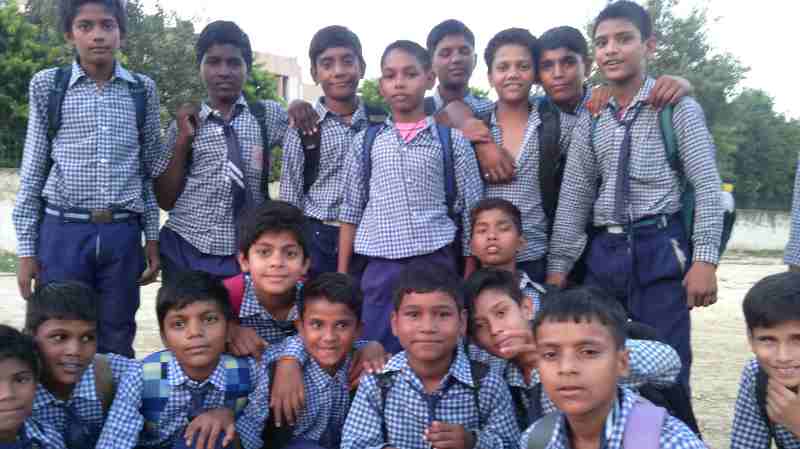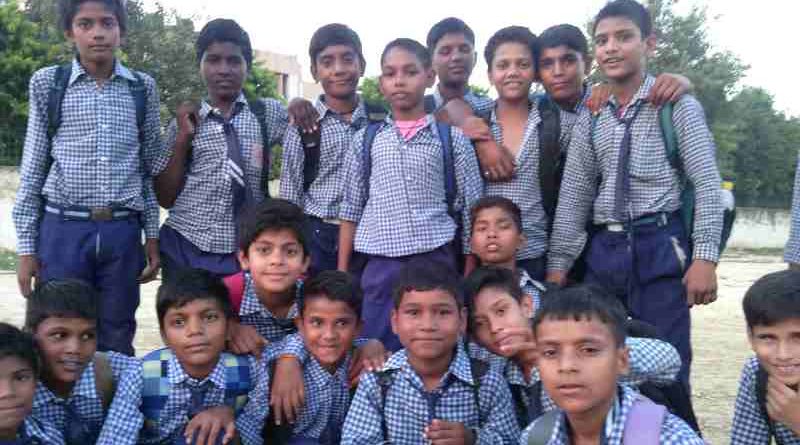UN Expert Invites Input for Human Rights-based Use of Artificial Intelligence in Education

UN Expert Invites Input for Human Rights-based Use of Artificial Intelligence in Education
The report will build on the outcomes achieved by other United Nations human rights mechanisms on the topic.
For her upcoming report to be presented to the General Assembly in October 2024, the United Nations Special Rapporteur on the right to education, Ms. Farida Shaheed, will consider the human rights-based use of artificial intelligence in education at the service of the advancement of the right to education.
The report will build on the outcomes achieved by other United Nations human rights mechanisms on the topic. For the purposes of this questionnaire, artificial intelligence (AI) refers to the use of computer programming that enables systems to learn and adapt autonomously, and to process data based on a specific set of algorithms.
Such AI systems include various techniques such as machine learning and large language models, including generative AI, which generates new content such as text, images, and videos.
In educational settings, AI is often used for tasks ranging from enhancing teaching and research methodologies, student assessment and personalizing learning experiences to improving decision-making processes through predictive analytics and adaptive systems.
It is crucial to address potential risks associated with AI in education, including gender and other biases in algorithms, disparities for marginalized groups in terms of access to necessary devices and connectivity required to use AI-based education programmes and the reinforcement of harmful stereotypes through AI-generated content.
According to the UN Human Rights Office, the Special Rapporteur intends to take stock of international guidelines, national legislation, academic and corporate guidelines and codes of conduct, as well as innovative practices of the use of AI in educational settings, in the framework of ensuring the enjoyment of the right to education by all.
The Special Rapporteur is inviting input from States, United Nations agencies, funds and programmes, national human rights institutions, academics, educators, business actors, as well as civil society organizations. All inputs received by 27 May 2024 will be posted on the OHCHR website.
Courtesy: UN Human Rights Office




